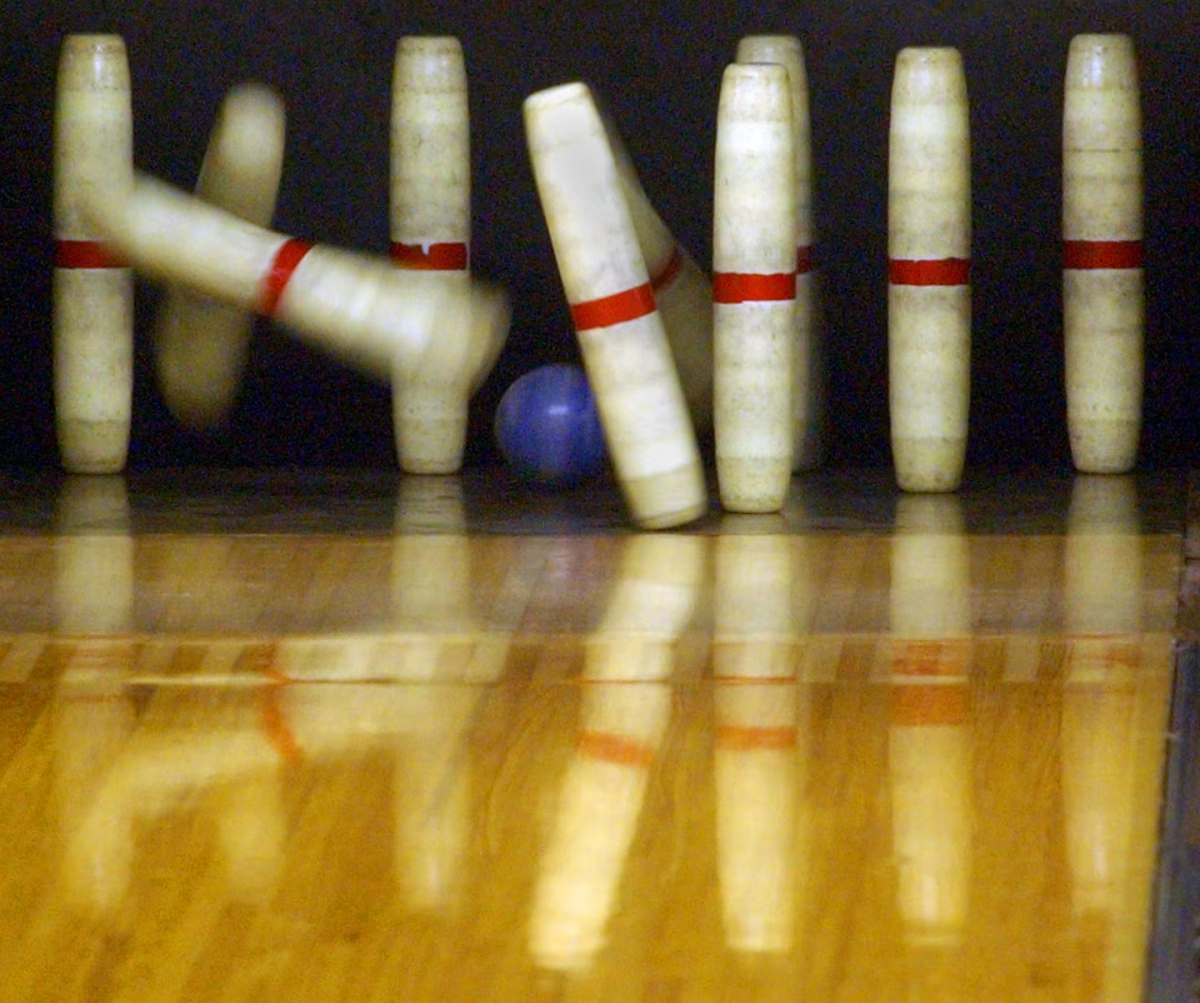
The gloves are off, as they say. Or, in Frank Underwood’s words, “Rebellion on all fronts.”
In season three of Netflix’s “House of Cards,” the once untouchable Democratic majority whip (played with a sinister drawl by Kevin Spacey) finds a target pinned to his back that is big enough to match his ego. After staging a coup d’état last year, Underwood discovers very quickly the Presidency gives him little leeway to continue his conquest for power. If anything, the land’s highest office offers nothing but roadblocks.
The sprawl of “House of Cards” new season astounded me. When he jumped from whip to vice president, Underwood’s narrative adopted a new dimension; shedding the shady backroom deals of season one, season two introduced international backchanneling with Chinese delegates and businessmen. The promotion was a conspicuous jump. The transition from VP to president, however, is a light-year leap.
As Frank faces abysmal approval ratings and early grumbling of a 2016 overthrow by his own party, Claire (the extraordinary Robin Wright) trudges through an embattled bid for a United Nations Ambassadorship. She emerges as an international figure that must juggle the titles of first lady, ambassador and Frank’s wife.
It’s startling how quickly the tables turn for Frank and Claire. Following the iconic fist pound that closed season two, I expected the Underwoods to maintain their coercive dominance, if at a price for a higher office. Tossing a curveball, the writers flood the scripts with turmoil.
All actors rise to the occasion. Nearing a breaking point, Frank screams at his underlings for the first time in the series. Spacey injects his voice with so much rage he cowed me as if he were pointing that anger at me. Similarly, the growing frustration Claire experiences comes alive on Wright’s face. Watching her swallow backhanded compliments and outright insults from her male counterparts is a brutal experience.
The cinematography accents Claire’s adaptation. Whereas in earlier seasons the intense white light of her offices at CWI starkly contrasted the murky lighting of Frank’s office on Capitol Hill, season three cranks up the contrast in her frames. Shadowy tones follow her as she enters the darker realm of international diplomacy.
I’ve marveled at Wright since season one. Claire, a role so unique and powerful since “Chapter 1” has grown only more unparalleled. Her cold fury and determination permeate every shot. The medium close-up of her emerging from a disastrous confirmation hearing leveled me.
In addition to Wright’s nuanced portrayal, the role itself deserves accolades. Too often on television and in film, the wife of the main protagonist becomes a villainous hindrance on his campaign to success. Think Betty Draper (January Jones) on “Mad Men.” Although her husband, Don (Jon Hamm), is an adulterous, absentee father, the script framed her as an impediment to Don’s ascent in the advertising world. In contrast, Claire is just as much a protagonist and anti-hero as is her crusading husband.
“Chapter 27” kicks off in such a radically altered manner, you might expect us to stick by Frank and Claire’s side to adjust to the new climate. Instead, we’re trapped with Doug Stamper (Michael Kelly) as he recovers. Stamper detests his isolation as he’s cut out of the loop. I began to feel the same. Focusing on Stamper plays as an unspoken nod from the writers that this Underwood is not the old Underwood anymore.
Stamper’s role, initially as Underwood’s whispery enforcer, broke the mold last year. Developing feelings for Rachel (Rachel Brosnahan), he rapidly fell off the wagon. Meanwhile, his time spent backchanneling on Frank’s behalf opened space for Kelly to shine. When the final shots left him bleeding in the woods, I lamented the supposed loss of a blossoming character.
Season three’s opening scenes, which track Stamper’s physical therapy, added some more amazing character development. Kelly’s performance is second to only Wright’s. The pains and temptations of sobriety dwell in deep lines on his face. His role ranks among the great portrayals of alcoholism, like Denzel Washington in “Flight.”
Current events shape this year’s narrative. Domestically, Frank strong-arms a jobs program through a do-nothing legislature and slings transparent jabs at our unproductive Congress. In “Chapter 28,” he earnestly says, “Above all, we must try something.” As he does every episode, Frank breaks the fourth wall to address an America mired in torpor.
Internationally, Frank handles a menacing manipulator in President Viktor Petrov (Lars Mikkelsen), a clear analog to President Vladimir Putin. Petrov balances the charm of a politician and the sliminess that’s synonymous with his real-life counterpart.
Last year, I wrote that Frank and Claire’s house of cards seemed as if it would never crash. Sure, Raymond Tusk became a formidable enemy, but the program only ever toyed with disaster. Now, the palpable threat of public opinion seems destined to thwart the Underwoods. The quiet days of sneaking out of Peter Russo’s garage feel like a galaxy far, far away.
While unsettling, this progression enhances “House of Cards.” The acting and direction have always excelled from inception. All the show required was a true threat to the real predators. As season three reveals so effectively, now it’s the Underwoods’ turn to sit beneath the microscope and squirm.
Alexander Frail can be reached at [email protected] and followed on Twitter @AlexanderFrail.


















